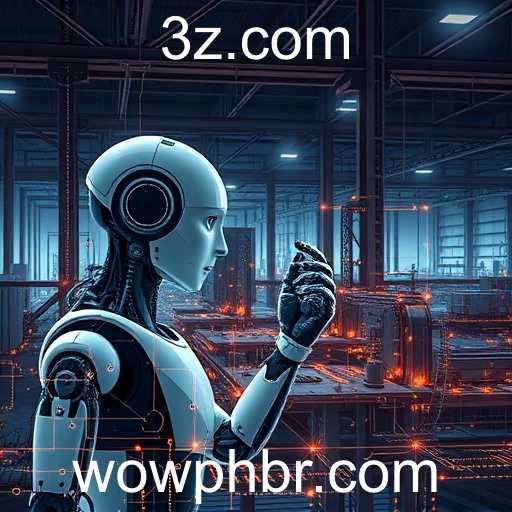Artificial Intelligence (AI) continues to reshape the landscape of multiple industries globally, heralding a new era of innovation. In recent years, significant advancements in AI technology have driven improvements in efficiency, productivity, and sustainability, altering the dynamics of the world economy.
One of the most noteworthy sectors experiencing this transformation is manufacturing. AI-powered automation has enabled factories to operate with unmatched precision and efficiency. This transformation is not just about replacing human labor with machines but enhancing the capabilities of human workers. Collaborative robots, or 'cobots', are designed to work alongside humans, increasing output while maintaining safety standards.
The healthcare industry is another critical area seeing AI's impact. From improving diagnostic accuracy with advanced image recognition technologies to developing personalized treatment plans through big data analytics, AI is revolutionizing patient care. Moreover, AI-driven predictive analytics aids in early detection of diseases, potentially saving countless lives.
In the realm of finance, AI has brought about significant changes in risk management and personalized customer service. Algorithms capable of processing vast amounts of data can predict market trends and highlight potential investment risks, providing a crucial edge in decision-making.
Importantly, AI's role in promoting sustainability cannot be overstated. By optimizing energy use in smart cities and advancing research into climate change, AI technology supports efforts to combat environmental challenges. Industries around the world are increasingly focusing on integrating AI to support sustainable business models, recognizing the technology's potential to reduce carbon footprints.
Despite its benefits, the rapid advancement of AI poses substantial challenges. Ethical considerations, data privacy, and the potential for job displacement are key issues that must be addressed. It remains imperative for policymakers, industry leaders, and technologists to collaborate in developing frameworks that harness AI's potential while safeguarding human rights and economic stability.
Ultimately, the rise of AI showcases profound potential for positive change. As industries continue to innovate and adapt to this technological wave, the focus must remain on ensuring a balance between advancement and ethical responsibility.
The world stands on the brink of a transformation unlike any other in recent history. How we choose to navigate this AI-driven future will define the societal and economic landscapes for generations to come.








